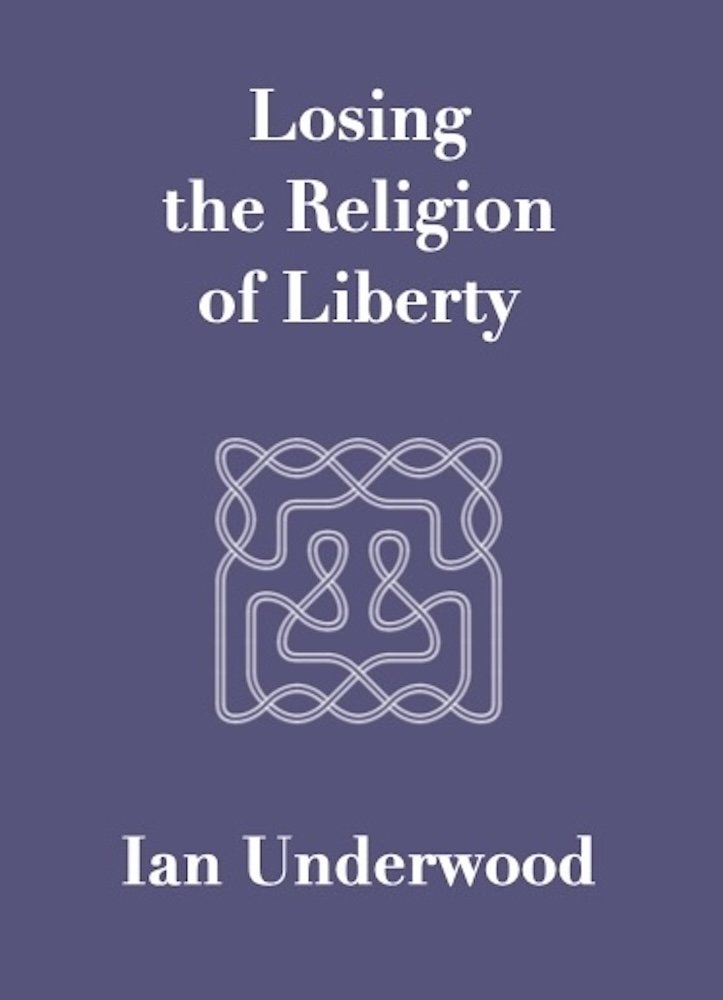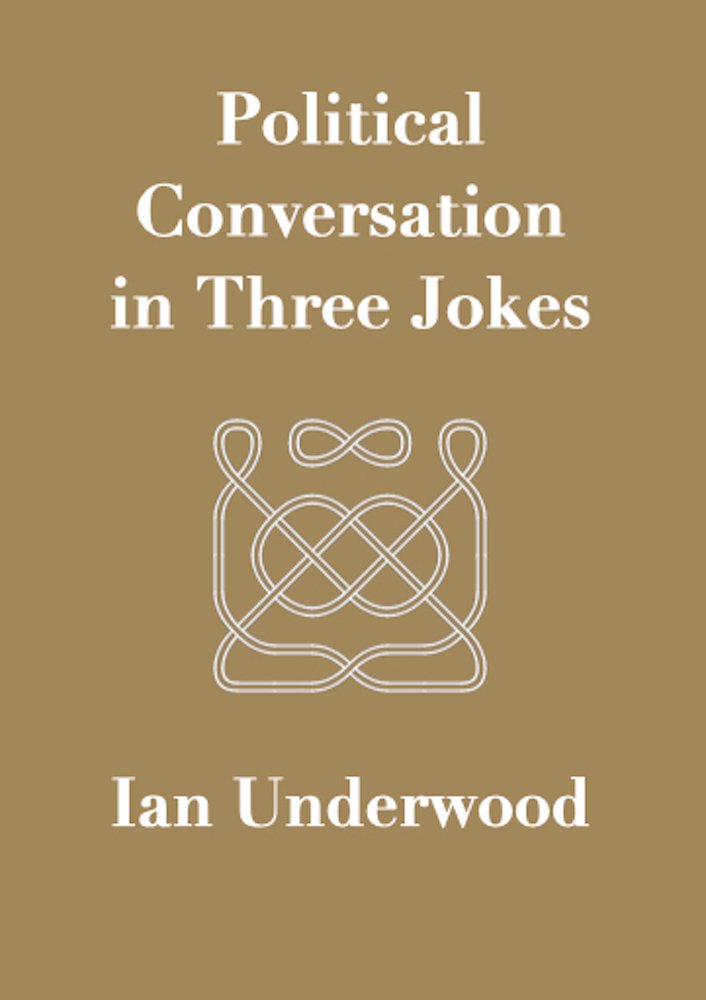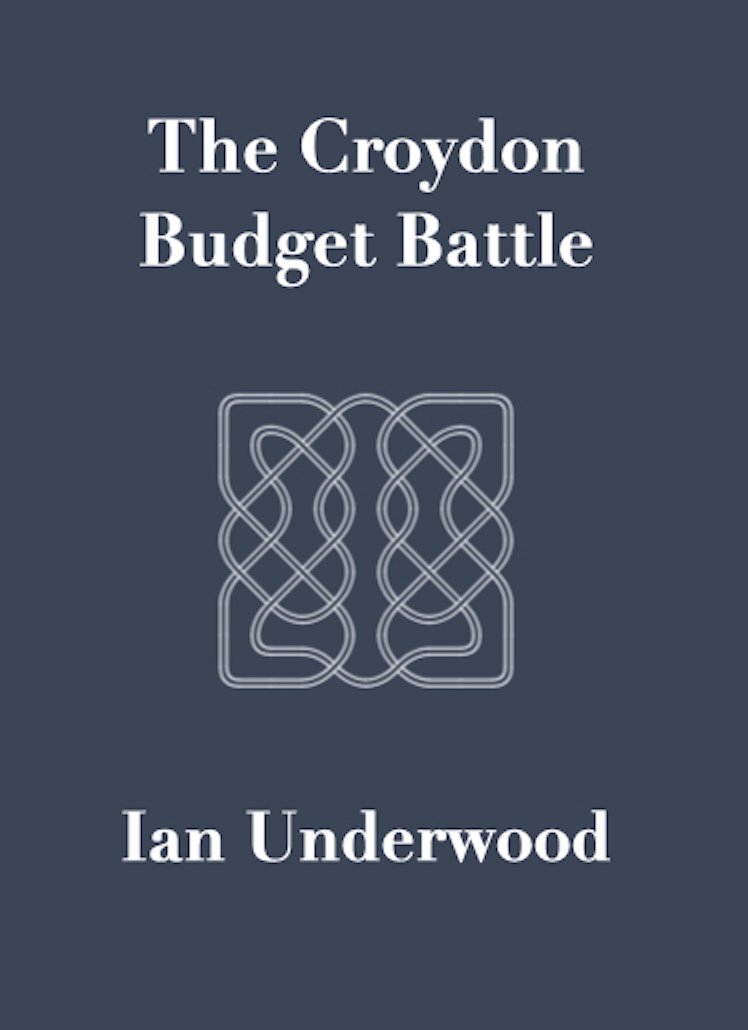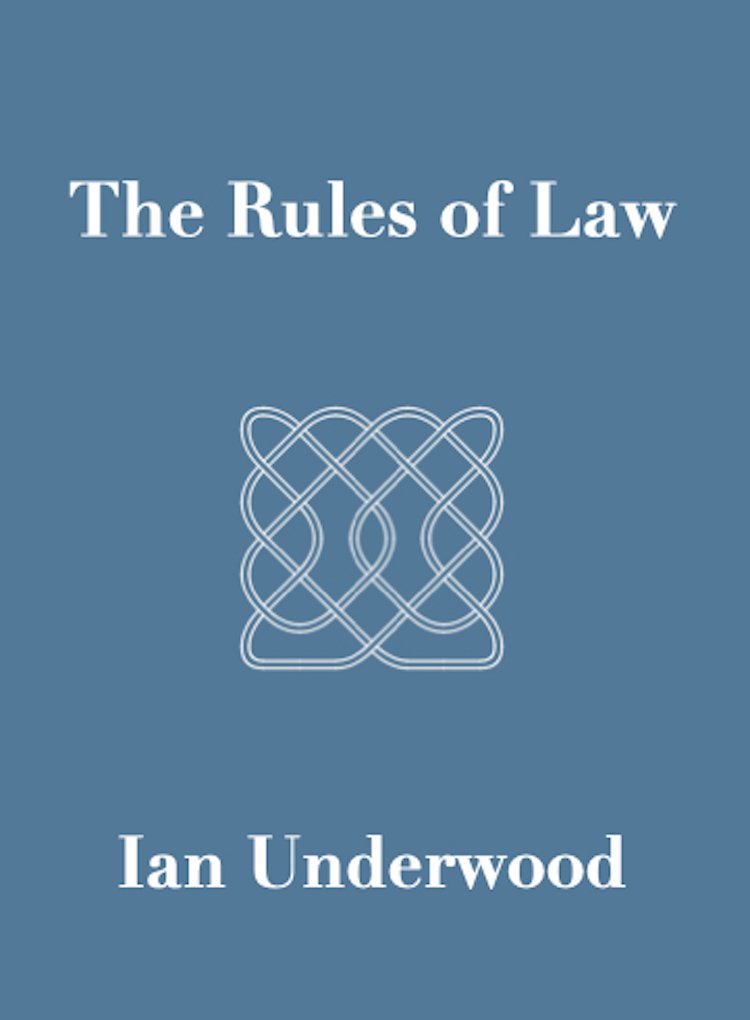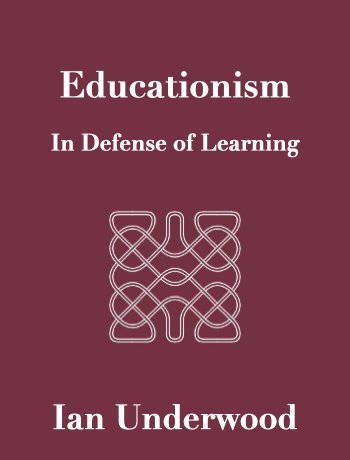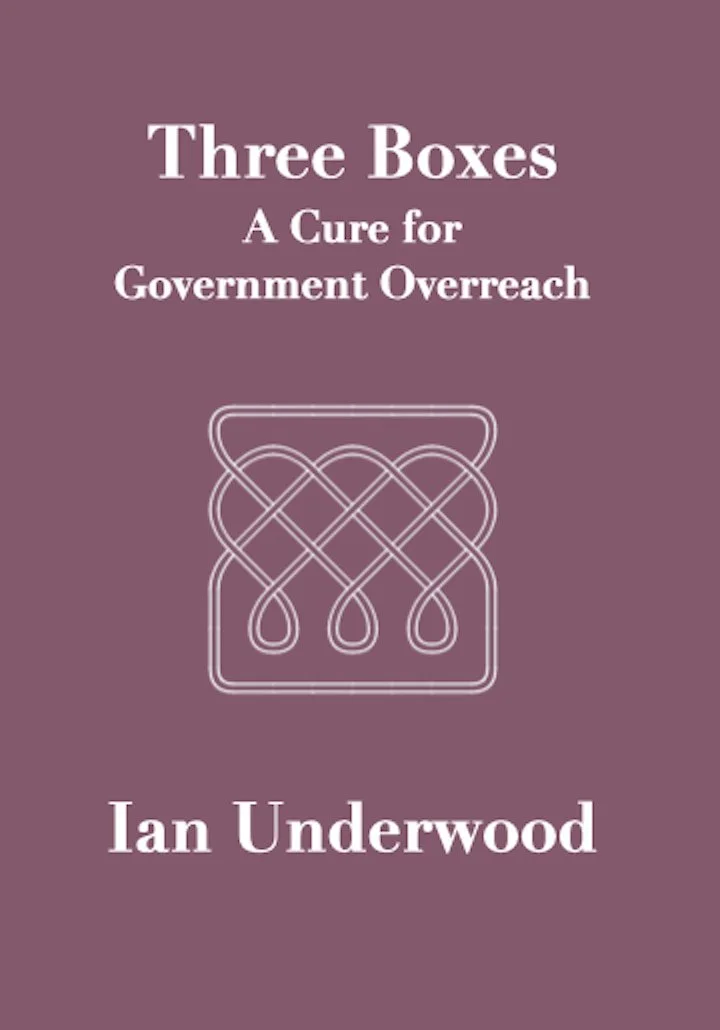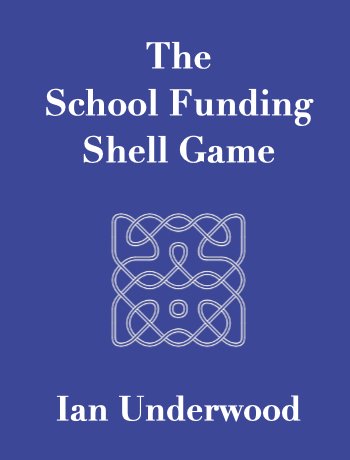Losing the Religion of Liberty— NEW!
I wasn’t religious or political until I bought a gun. Being treated as a presumptive criminal led me to the religion of liberty. Teaching mathematics led me back out of it.
Political Conversation in Three Jokes
We’re all tired of hearing — and participating in — political conversations that generate so much heat while shedding so little light. This book makes a proposal based on three jokes to help people have political conversations.
The RINO Virus: Diagnosis, Cure, Recovery
What would happen if Republicans started acting like a political party, and took seriously the statement that has been at the heart of their own party platform, essentially unchanged, since 1854?
The Lie Behind Licensing
If COVID-19 has taught us anything, it’s that whatever good we imagine comes from occupational licensing, it doesn’t begin to compare to the evil that it has enabled in the hands of government officials who claim that ‘public health trumps everything’ and are willing to pull licenses in order to crush anyone who disagrees with them.
XIV: How the Fourteenth Amendment Ate the First Ten
If a visitor from Mars read our Constitution, and looked around at the things the government actually does, how could he reconcile those?
The Libertarian Case for Public Schools
Ask not what we can teach children. Ask what, if not learned by children, will endanger the rights of everyone, and ask how we can assist those children whose parents can’t afford to help them learn these things, without confusing ability with age, or learning with being taught, or progress made with time spent, without conflating common benefit and private interest, and without requiring those who have less to subsidize those who have more.
Barefoot Learning: What Shoes Can Teach Us About Schools
Almost everything I’ve been saying about what happens when we put feet in shoes is analogous to what we do when we put students in schools: We create a problem. Then we try to add fixes that ignore what we did to create that problem. These fixes all work by preventing, rather than facilitating, natural processes. And at a certain point, the question becomes: How much do we want to spend?
The Rules of Law
We’ve reached the point where it’s no longer possible, even in theory, to write a law that simply means what it says. And therefore it’s no longer possible for a citizen to be able to know what a law says just by reading it.
Educationism: In Defense of Learning
Once people start to see the parallels between how government has mishandled both food and education, it will allow the forces that are changing the way we eat – the awareness, the insights, the emotions, the lack of trust, the demand for alternatives, the development and spread of ways to satisfy that demand – to be harnessed to change the way we learn.
Rethinking Fairness in Education
For students, fairness in education means: You get exactly the same adequate education as everyone else. No more, and no less. No matter who you are, or where you live, or what your parents can afford.
Stop Talking About Constitutions
For someone to whom ‘the constitution’ means the oral constitution – which is most people, and nearly every government official – the argument that this bill is unconstitutional is the same, in terms of persuasive power, as the argument that I don’t like this bill.
Three Boxes: A Cure for Government Overreach
Checks that were supposed to work against oppressive government from the outside — the ballot box, the jury box, and the cartridge box — have become supports that prop up oppressive government from the inside.
The School Funding Shell Game
How much should we spend on education? And where should we get the money? These are the wrong questions to ask. And we’ll never get to the right questions until we stop being distracted by the wrong ones.

